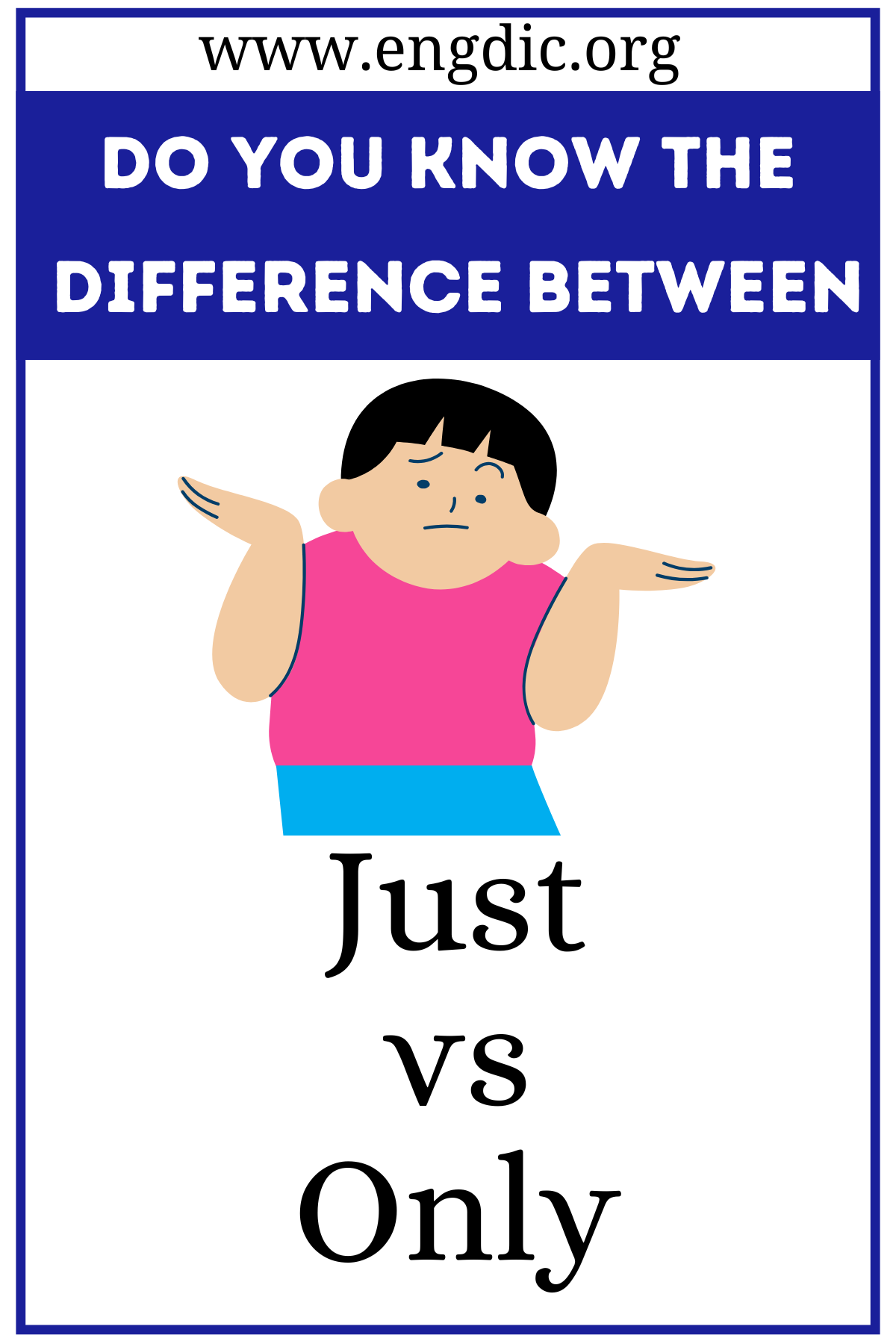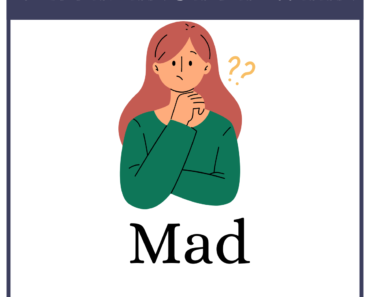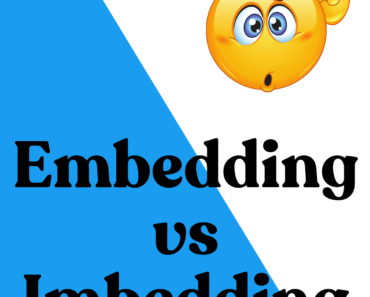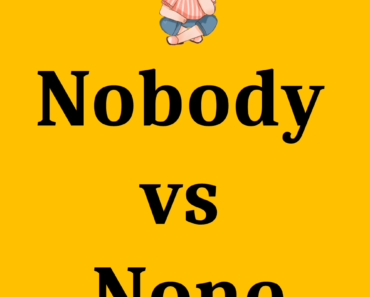Both “just” and “only” indicate limitations, but they convey different nuances.
“Just” often suggests a sense of fairness or exactness, focusing on something being sufficient or proper. For instance, “just in time” means at the exact moment needed.
On the other hand, “only” emphasizes exclusivity, underscoring a lack of alternatives. An “only child” highlights that there are no siblings. Understanding their subtleties can enrich one’s communication by adding precision to statements.
Just
Definition:
“Just” can mean fair, reasonable, or exact, and can also emphasize a small amount of time or degree.
Usage and Examples:
- Fairness: “He is a just leader, treating everyone equally.”
- Exactness: “I arrived just in time for the meeting.”
- Emphasis on Degree: “It’s just a scratch, nothing to worry about.”
Only
Definition:
“Only” is used to emphasize something as exclusive, without alternatives, or the singular option.
Usage and Examples:
- Exclusivity: “This is the only restaurant open late at night.”
- Limitation: “I only need five minutes of your time.”
- Uniqueness: “He’s the only person who can fix this issue.”







